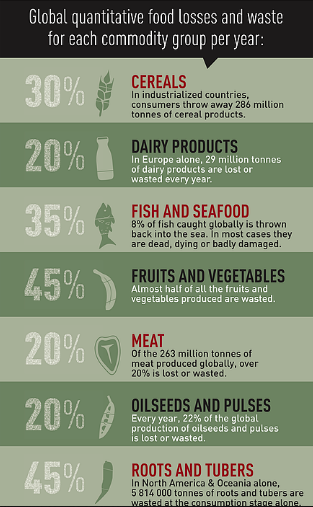AgShift’s deep learning models can analyse the defects in the sample images and predict the overall quality of the sample

AgShift Founder CEO Miku Jha
Roughly one third of the total food produced for human consumption every year (approximately 1.3 billion tonnes) get lost or wasted. This loss amounts to US$680 billion in industrialised countries and US$310 billion in developing countries.
For many organisations in the world, reducing food wastage remains a pain in the neck. Although there have been quite a few technological advancements in the food domain in the recent years, there have not been many in food wastage tackling.
India-born entrepreneur Miku Jha wants to solve this mammoth problem using cutting-edge technology. Her startup AgShift has developed a solution which she claims can significantly reduce food waste with autonomous, objective and standardised inspection results across the supply chain.

“The current food inspection processes are paper-based and tedious, needing continuous personal training. Inconsistent and subjective inspections result in a loss of US$15.6 billion a year for the organisations responsible — not counting the millions of dollars in recovery costs, claim management, and loss of brand reputation incurred by the companies involved,” said AgShift Founder and CEO Jha, who comes from an agriculture background.
“At AgShift, we are re-imagining food inspection at various layers — starting from digitising product specifications using a mobile-first approach for operational efficiencies, to leveraging deep learning to make inspections autonomous. Our goal is to standardise food inspection across the entire supply chain and reduce food wastage resulting from inconsistencies in food quality interpretation,” she added.
The company was founded in 2016 by Jha in the US. The company basically develops apps to help growers with massive amounts of compliance reports and assess fresh produce. The team will soon come up with an apps to help them quickly grade crops and automate resource management.
“My affinity to agriculture stems from my experience growing up in northern India. My family used to own lots of mango groves, before moving to Mumbai, India,” she said.
How AgShift works
AgShift solution blends deep learning with computer vision to autonomously inspect the produce and other commodities for defects. It does quality assessments and makes judgements as per USDA specifications or an organisations’ own specifications. The patented deep learning models analyse the defects in the sample images and predict the overall quality of the sample.
The platform relies on curated, extensive real-world image data sets to teach the software to analyse defects with consistency and accuracy. The solution augments manual inspections — providing objective, consistent and standardised quality interpretation across the supply chain.
AgShift’s data visualisation dashboard enables drill-down analysis of inspection data captured daily across the supply chain. Indices, inspection reports, defect maps are published in real-time unearthing patterns and market conditions within the organisations for actionable decisions.
“Our food inspection application can deliver highly consistent quality assessment at scale — reducing claims and rejection rates for food industry,” she shared. “This way, we save organisations millions of dollars in recovery costs and loss of brand reputation due to inconsistent food quality. Our solution delivers the biggest impact on reducing global food waste.”
In her view, we have an innate need to thoroughly inspect the fresh fruit and vegetables to ensure that the food produce that we’re buying is of good quality. However, manual food inspection at a much larger commercial scale can be time-consuming and subjective, thereby allowing room for inconsistencies in food quality interpretation.
The solution to this problem lies in automating the food inspection process by harnessing the power of Artificial Intelligence.
In March this year, AgShift raised US$2 million seed funding from Exfinity Ventures among others to strengthen product development and expand customer reach.
From helping farmers grow better through climate-smart farming to food processing units using artificial intelligence (AI) for sorting fresh produce to distributors and retailers relying on AI for automating processes, technology has become pertinent along the entire food supply chain. In today’s world, once food leaves the farm, it often has to travel hundreds of miles before it can reach the consumer’s plate. Thereby making it imperative to preserve the quality and safety of food at each step of the food chain.
The post AgShift has developed an autonomous food inspection system to reduce global wastage appeared first on e27.